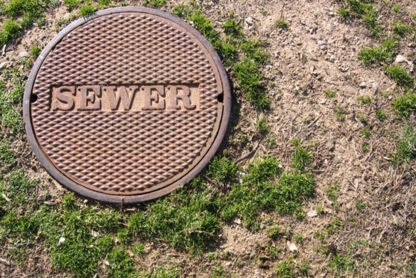The winter season is here, and if you haven’t already, it’s time to start thinking about furnace installation. A reliable furnace is crucial in keeping your home warm and cozy during the cold winter. However, choosing the perfect furnace can be a daunting task, especially with so many options available on the market. This blog post will guide you through choosing a furnace that meets your needs, preferences, and budget.
1.Determine the right size of your furnace.
The size of your furnace is a crucial factor to consider. A furnace that is too small won’t keep your home warm enough, and a furnace that is too large will waste energy and money. To determine the right size for your furnace, you need to measure the square footage of your home, calculate the heat loss, and consider other factors such as insulation, windows, and doors.
2.Consider the fuel type of your furnace.
The fuel type of your furnace can affect its energy efficiency, cost, and environmental impact. The most common fuel types for furnaces are natural gas, propane, oil, and electricity. Natural gas is the most popular choice, as it is abundant and relatively affordable. Propane is an alternative for homes that don’t have access to natural gas. Oil furnaces are less common nowadays, as they are more expensive and less efficient. Electric furnaces are the most costly and least efficient, but they can be viable for small homes and mild climates.
3.Evaluate the energy efficiency of your furnace.
An energy-efficient furnace can save you money in the long run by reducing your energy bills and carbon footprint. The energy efficiency of a furnace is measured by its Annual Fuel Utilization Efficiency (AFUE) rating, which indicates how much of the fuel used by the furnace is converted into heat. The higher the AFUE rating, the more efficient the furnace is. The minimum AFUE rating for a furnace is 80%, but you can find furnaces with ratings as high as 98%. While a high AFUE rating might mean a higher upfront cost, it can pay off in the long run through lower energy bills and rebates.
4.Check the maintenance requirements of your furnace.
Maintaining your furnace is essential to ensure its optimal performance, longevity, and safety. Different furnaces have different maintenance requirements, so it’s essential to consider these before purchasing. For example, natural gas and propane furnaces require regular inspections, cleaning, and safety checks to prevent leaks and hazards. Oil furnaces require frequent cleaning and filter replacements to avoid clogs and inefficiencies. Electric furnaces have fewer moving parts and don’t require as much maintenance, but they still need occasional inspections and tune-ups.
5.Consult with a professional HVAC contractor.
Choosing the perfect furnace for your home can be overwhelming, but you don’t have to do it alone. Consulting with a professional HVAC contractor can save you time, money, and headaches. They can assess your home’s heating needs, recommend furnace models that fit your requirements and budget, and install and maintain the furnace for you. A reputable contractor should be licensed, insured, experienced, and have positive reviews from previous clients. Don’t hesitate to ask for references, warranties, and price quotes before deciding.
Choosing the perfect furnace for your home this winter can seem daunting, but with some knowledge and guidance, you can make an informed and confident choice. By determining the right size, fuel type, energy efficiency, and maintenance requirements and consulting with a professional HVAC contractor, you can ensure that your furnace provides comfort, savings, and peace of mind. Don’t leave your heating needs to chance – invest in a high-quality furnace that meets your expectations.









